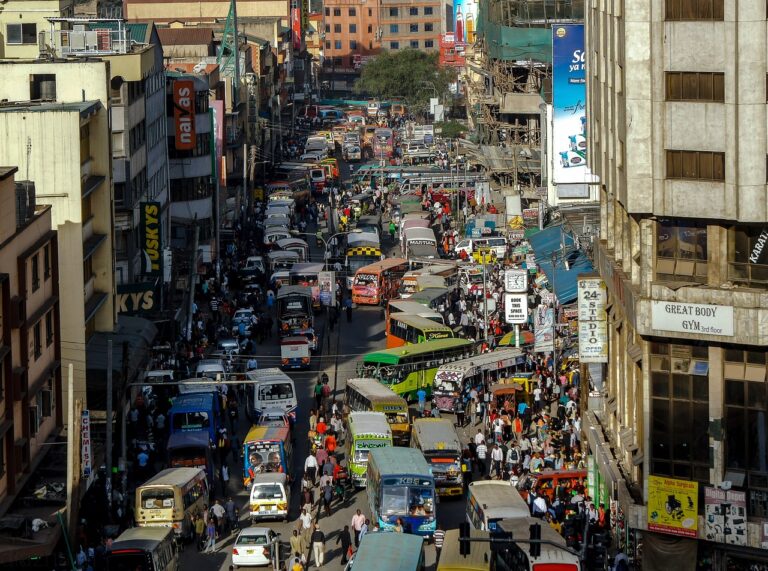Sustainable Transportation Solutions for Urban Travel: Bike Shares, Electric Scooters, and Public Transit
Urban transportation systems are facing an array of challenges in today’s fast-paced world. One key issue is the increasing congestion on roadways that leads to delays in travel time and elevated levels of air pollution. Limited infrastructure and lack of efficient public transportation options contribute to this problem, creating a vicious cycle that hampers the smooth flow of traffic in urban areas.
Moreover, the rising costs associated with private vehicle ownership, including fuel expenses, maintenance fees, and parking fees, pose a financial burden on urban residents. This financial strain often forces individuals to rely on personal vehicles, further exacerbating traffic congestion and environmental pollution. In addition, the lack of proper planning and coordination among different modes of transportation complicates the commuting experience for city dwellers, leading to inefficiencies and frustrations in navigating urban landscapes.
• Inadequate funding for infrastructure development and maintenance further compounds the challenges faced by urban transportation systems.
• The lack of accessibility for individuals with disabilities or limited mobility adds another layer of complexity to urban transportation planning.
• The rapid growth of urban populations puts additional pressure on existing transportation networks, leading to overcrowding and increased stress on infrastructure.
Benefits of Alternative Modes of Transportation
Alternative modes of transportation offer numerous advantages that can significantly benefit both individuals and the environment. Using modes like cycling or walking not only promotes physical health but also reduces greenhouse gas emissions, contributing to a cleaner and healthier atmosphere. Additionally, these modes can help ease traffic congestion in urban areas, leading to smoother traffic flow and reduced commute times.
Embracing alternative modes of transportation can also have positive economic impacts. For instance, public transportation systems are not only cost-effective for individuals but also contribute to reduced infrastructure costs for cities. By encouraging the use of alternative modes, cities can save on expenses related to road maintenance and expansion, reallocating funds towards other essential services and projects.
Integration of Various Transportation Options
In modern urban settings, integrating various transportation options has become essential to address the increasing challenges of congestion, air pollution, and limited parking spaces. By offering commuters a diverse range of choices such as buses, trains, bicycles, and ridesharing services, cities can create a more efficient and sustainable transportation network.
This integration not only enhances the overall transportation system but also promotes healthier and environmentally friendly modes of travel. When individuals can seamlessly switch between different modes of transportation, it reduces the reliance on personal vehicles, leading to reduced traffic congestion and emissions. By embracing a holistic approach to transportation planning, cities can create a more connected and accessible environment for residents and visitors alike.
What are some common challenges faced in urban transportation?
Some common challenges include traffic congestion, limited parking spaces, air pollution, and lack of accessibility to public transportation.
What are the benefits of alternative modes of transportation?
Alternative modes of transportation, such as biking, walking, or taking public transit, can help reduce traffic congestion, lower carbon emissions, improve air quality, and promote a healthier lifestyle.
How can various transportation options be integrated to improve urban transportation?
Various transportation options can be integrated through strategies such as creating bike lanes, improving public transit systems, implementing ridesharing programs, and providing incentives for using alternative modes of transportation. By offering a mix of transportation options, cities can provide residents with more choices and reduce reliance on personal vehicles.





